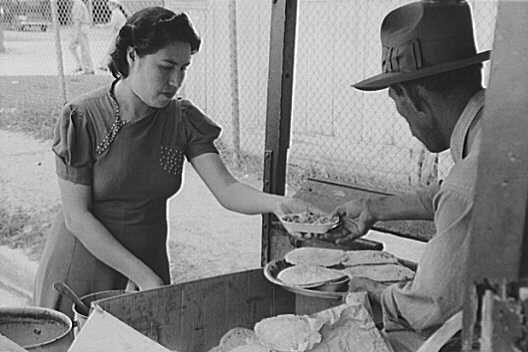In a recent interview with sales guru Neil Rackham, he tells us about three rules for selling in tough times. In this interview Neil points out that these three rules stems from studying previous recessions and trying to work out what the successful players have done.
Rule Number 1: Avoid Chasing After Too Many Things
In times of economic anxiety, chasing after too many things is the number one mistake that business owners make. In times of uncertainty, our instinct for survival naturally takes over and we begin to get ‘whatever comes our way.’
Neil Rackham states one very important rule of thumb during tough times: “Don’t chase bad business.” He further stressed his point by adding, “If you won’t chase a business in good times, never ever chase it in bad times.”
Winners instead decide on which pieces of business are most important to get and puts more effort into them. Putting double the effort into a half-opportunity will give you better return than spreading everything thin across all opportunities.
During tough times it is important to keep your focus sharp and over-deliver to your identified market.
Rule Number 2: Never get into Early Negotiations
Yes, it is true that-times are hard; therefore it’s always easy to fall into the trap of getting into negotiations too early.
In stressing this point, Neil explains the difference between selling and negotiation. According to him, “When you’re selling, you’re not giving anything away; when you’re negotiating, you’re giving things away to get business.”
In uncertain times, anxiety pretty much causes us to start giving things away due to a feeling of desperation. One thing to take important note of is that potential customers can sense this desperation. Emitting these vibes can reduce your chance of getting the business; and what’s worse is that you might even whet the customer’s appetite to get more and more concessions.
Customers can sense this desperation and will try to push you over the limit once they see that you’re willing to negotiate at the initial meet.
Rule Number 3: Make the Customer Feel Safe
The most common misconception is that during a recession, most people think that customers are price-sensitive. This is not so. Studies have shown that customers would rather pay more and go with a safe alternative than go with a cheaper, less-stable alternative.
To prove this point, you can ask yourself this question: “When times are hard, and you’re willing to make a big purchase, would you go for the safe option or the cheaper option?”
As per the study of Neil and his group, they’ve found out that eighty percent of people would always go for the ‘safe’ option. With this in mind, your challenge now, as a business owner, is that you would need to make yourself appear to be the most reliable, and the safest option to your prospects.

